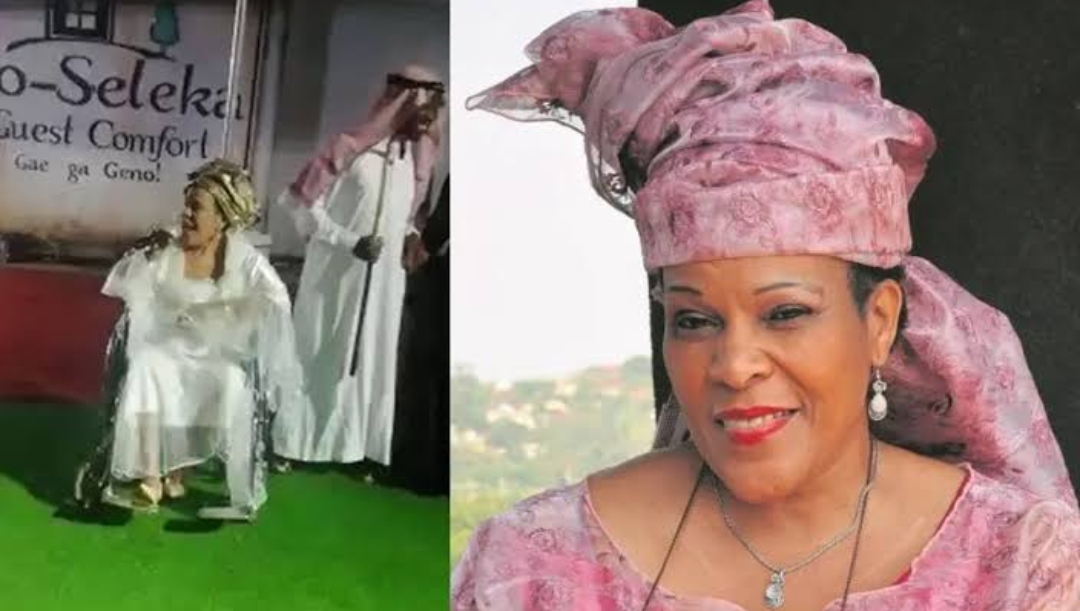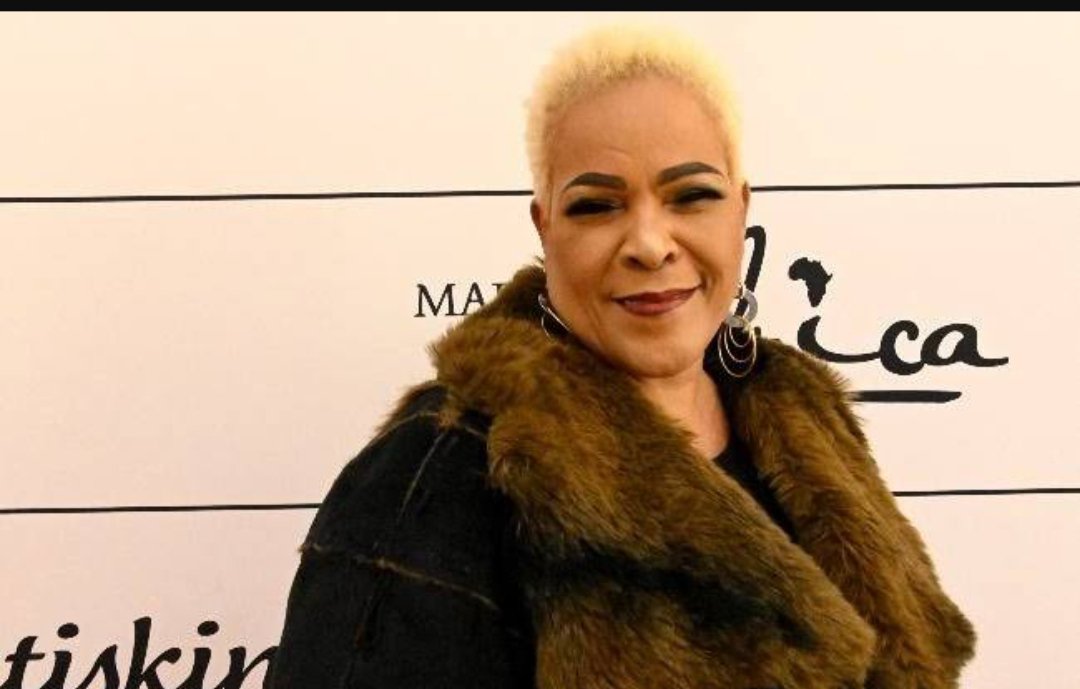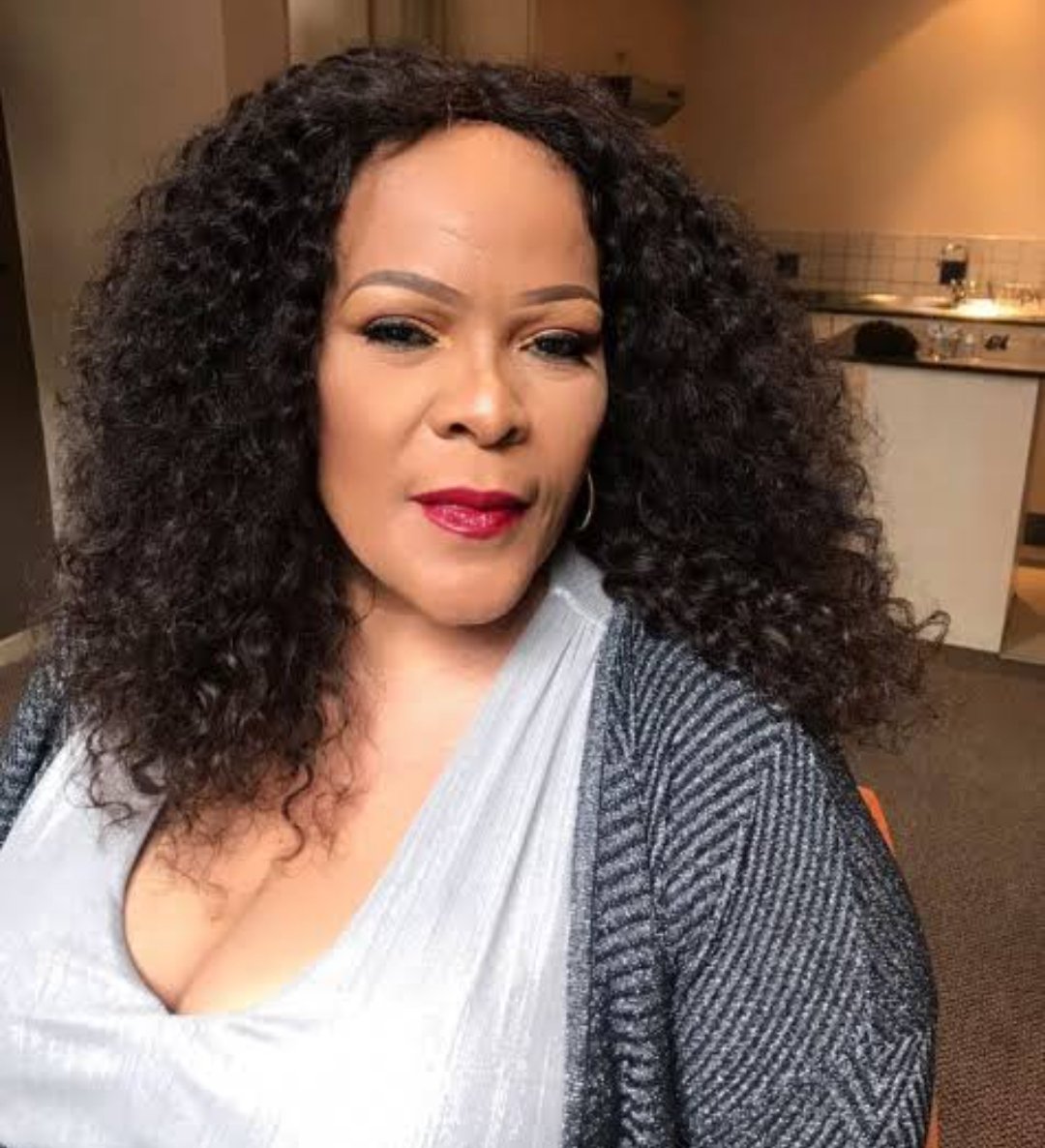Uncategorized
Revealed: Deborah Fraser Died After battling with Serious Diabetes And was wheel Chair Bound For Long Time

Revealed: Deborah Fraser Died After battling with Serious Diabetes And was wheel Chair Bound
Wheel bound Deborah Fraser asks for ‘love and prayers’
“It’s so stressful to live a life that you’re not used to. I’m asking for love, I’m asking for prayers.”
Battle with health affects the mobility of singer Deborah Fraser.
Battle with health affects the mobility of singer Deborah Fraser.
Deborah Fraser has asked for prayers after health complications saw her become wheelchair-bound.
The gospel star was hospitalised from February to March last year after falling ill on her way to a gig at Klerksdorp in the North West and has since lost her mobility.
“I was unconscious, even the artists that came there said I should be transported to hospital,” she recalled, speaking to TshisaLIVE.
“I still cannot walk. I think it’s because I was in bed for a long time, but I don’t know for sure. It’s stressful to live a life that you’re not used to. I’m asking for love, I’m asking for prayers.”

However hoping to get better she lost the battle.
In a statement, the family of gospel singer Deborah Fraser confirmed her passing on Sunday 15 May 2022.
“It is with deep sadness to inform you of the passing of our beloved mother, sister, aunt and friend, and Gospel musician, Deborah Fraser following a short illness. She passed on today (Sunday) after midday, in the presence of her family and friends.”
The family requests privacy as they process the news.
“As Deborah Fraser’s family we would like to be given space to process and deal with this very tragic situation. The public will be further informed of any developments.”
The Ngonile singer was hospitalised from February to March last year and was recently bound to a wheelchair after some health complications and asked for prayers after falling ill on her way to a gig at Klerksdorp in the North West.
In an interview with Daily Sun, she revealed that she started getting ill and vomiting and her movement coordination did not function well.
“It all began when I started vomiting uncontrollably and I lost my strength. Ever since then, I haven’t been able to walk. I am hopeful that I will walk again. I am seeing a therapist and I am due for physiotherapy next week.”
A few years ago, she was diagnosed with diabetes and has had a few health scares. In her previous interview with Drum, she said she sold some of her properties in the city and bought a farm in the South of Johannesburg to live a healthier lifestyle.

“I love farm life, and being away from the toxic city,” she said.
“Right now, I am happy, I’m in good shape. I am healthy, you can’t even tell that I am diabetic. I left city life with its drama and stress to live and hide on my farm. I take care of my health. There were too many lies being spread about me to the media and in music circles. The changing world of the music business came with a lot of controversies. I am a straight talker and I learned that it was important to protect my peace and my health by living far from the city. I have peace of mind and my health is great.”
Deborah was recently honoured with a Doctor of Philosophy in Sacred Music by the Christian Leadership Academy. She told Drum in her previous interview that she was not expecting the honour.
“I feel that my contribution to the music has not been in vain. I am humbled, it is a true honour,” she said.
She had been making music for as long as she can remember.
“I grew up singing and came to Johannesburg in 1984 as a backup vocalist for local and international artists such as Hugh Masekela, Jonas Gwangwa, Black Mambazo, Lucky Dube, and Brenda Fassie to name a few,” she said.
She released her first gospel album called Abanye Bayombona in 2000.
“Universal Music called and asked to sign me, and I sold millions on copies.”
The last album she released was Ujehova Akanqotshwa in 2019, but because of the Covid-19 pandemic, all her live concerts were cancelled.
“I feel blessed to still be making music even during a pandemic and to still get honoured,” she told Drum.
She said the music industry has changed from the times of cassettes and CDs and now in the digital world of downloads, but she is grateful to still be relevant.
“Things are not the same. We were used to selling hard copies of records. We are the cassette generation and we had to adapt to CDs, now we are learning to maneuverer the digital age as old school musicians,” she says.
“But we are willing to learn, I am willing to learn. My music still has a market. I thank God that people still love the African gospel. People still want to worship, pray and keep their spirituality stable,” she says.
